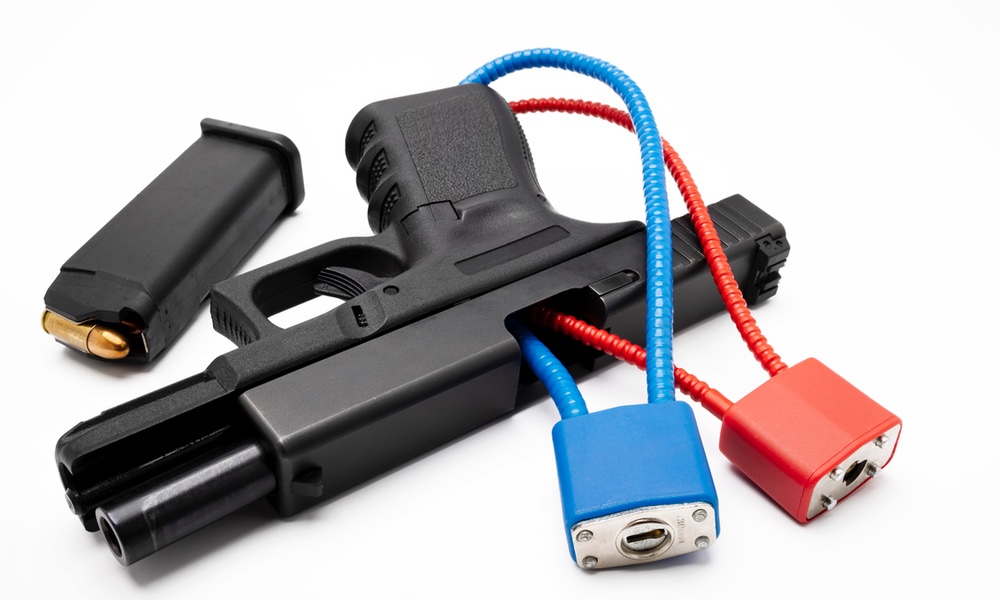Despite the amount of research and funds that go into preventing and treating alcohol addiction, researchers are just beginning to understand what alcohol does to the brain on a molecular level. A new study makes big strides in explaining exactly why alcohol makes people feel so good. The study's finding, that it triggers the release of endorphins, is simple and logical; but it has not been shown in humans until now.
To test the idea that alcohol may trigger endorphin release, researchers first injected 13 heavy drinkers and 12 controls (people who were not heavy drinkers) with a drug that binds to opioid receptors.
All of the participants, whether heavy drinkers or controls, reported more feelings of pleasure from the alcohol when more endorphins were released.
In the brain, endorphins work like opioids (morphine, for example), so by administering a drug that binds to opioid receptors, the team could determine exactly where they were located in the brain. The drug was radioactively tagged so that it would light up on a PET scan, and the receptor “map” could be made.
This was exactly what they found. One type of opioid receptor in particular, known as Mu, was bound by the endorphins.
"This is something that we've speculated about for 30 years, based on animal studies, but haven't observed in humans until now," said lead author Jennifer Mitchell in a press release. "It provides the first direct evidence of how alcohol makes people feel good."
All of the participants, whether heavy drinkers or controls, reported more feelings of pleasure from the alcohol when more endorphins were released in a brain region called the nucleus accumbens, involved in pleasure and reward. When there was more activity in another area, the orbitofrontal cortex, the heavy drinkers – but not the controls – reported more feelings of intoxication.
"This indicates that the brains of heavy or problem drinkers are changed in a way that makes them more likely to find alcohol pleasant, and may be a clue to how problem drinking develops in the first place," said Mitchell. "That greater feeling of reward might cause them to drink too much."
Instead of blocking a range of opioid receptors, a more specialized drug could target only the ones that play a role in alcohol use, and perhaps come with fewer side effects. "If we better understand how endorphins control drinking,” said Fields, “we will have a better chance of creating more targeted therapies for substance addiction. This paper is a significant step in that direction because it specifically implicates the Mu opioid receptor in alcohol reward in humans."
The research was carried out at the Ernest Gallo Clinic and Research Center at the University of California, San Francisco, and published in Science Translational Medicine.




